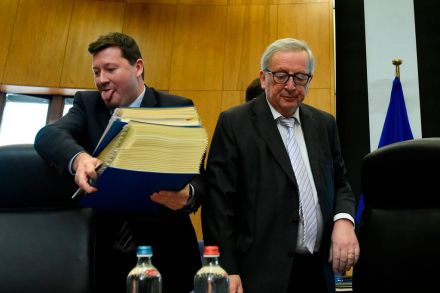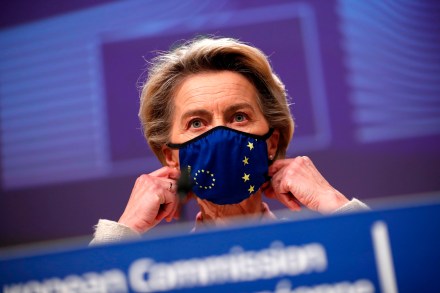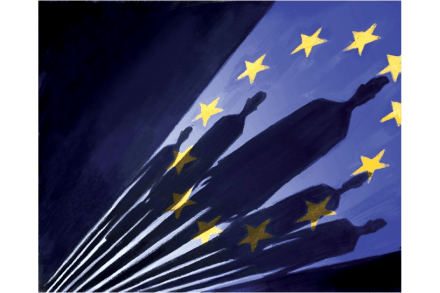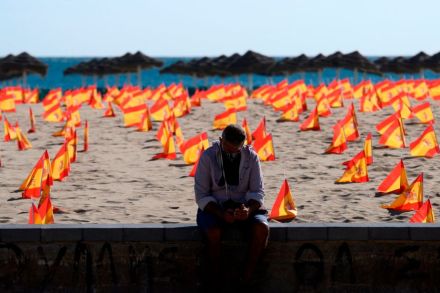Martin Selmayr’s EU vaccine boast backfires
In the aftermath of the EU’s vaccine bungle, Brussels remains in damage limitation mode, determined to ensure that someone else gets the blame for its own crisis. But Mr S wonders whether top EU diplomat Martin Selmayr’s bid to put a positive spin on what has unfolded over the last few days was really so wise. Selmayr, who revelled in his nickname ‘the Rasputin of Brussels’ during his time serving as Jean-Claude Juncker’s aide, attempted to make a comparison between Europe’s vaccine rollout rate and that of Africa, the poorest continent on Earth. Selmayr, who now serves as the EU Commission representative in Austria, wrote: ‘The EU, thanks to the joint work of 27 governments,




















